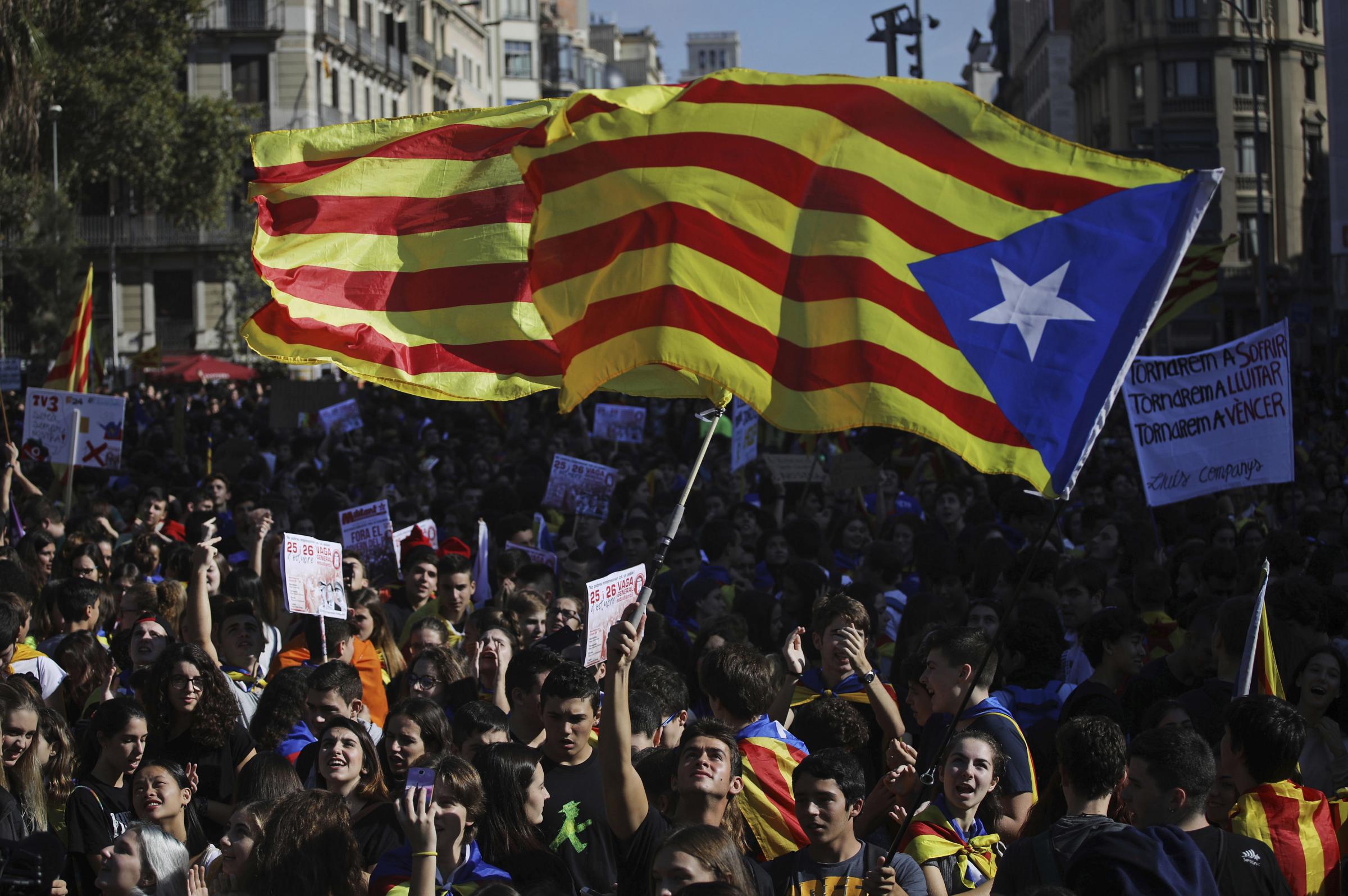
CATALAN President Pere Aragonès has challenged the Spanish Government to allow an independence referendum, arguing that if it does not, it is because “they know they will not win.”
Aragonès’s comments follow a “dialogue table” meeting between the Catalan and Spanish governments last week, during which a deal was struck aiming to “dejudicialize politics”. However, major disagreements persist between the two administrations.
Speaking on Tuesday in his final speech before the summer break, Aragonès said: "We are far away from reaching a solution to the political conflict as our positions are far away. And they are distant because we keep defending what we asked for from the first day: self-determination and amnesty.”
However, the Spanish government has claimed that it does not have a sufficient majority in Congress to change legislation surrounding sedition and rebellion in the Spanish criminal code – which has been used extensively against numerous figures involved in Catalonia’s outlawed 2017 independence referendum – despite having previously indicated they would be open to modifying the law.
Aragonès has expressed scepticism of these claims, saying he is “assured the majority exists”, adding: "There should not be more imprisonments or people in exile because of their political acts.”
Regarding an independence referendum for Catalonia, Aragonès urged the Spanish government to call a second plebiscite in order to assess levels of support for Catalan self-determination, saying: "If they are so confident they will win, then they should put the ballots; if they do not put them, [it] is because they know they will not win.”
Aragonès pledged to demand a second referendum from Madrid immediately following his election as president in May 2021, commenting at the time that his two central priorities were bringing Catalonia through the crisis of Covid-19 and “advancing towards a Catalan Republic”.
Whilst visiting Scotland in November last year for the COP26 summit, the president told press that he was prepared for “all consequences” in the fight for Catalan independence, including going to prison, commenting: “I hope not, but there is a possibility. We know the risk.”
The Catalan independence movement is expected to intensify its activities in the run-up to Catalonia’s National Day, La Diada, on September 11.
Speaking last month, the president of the Catalan National Assembly vowed to use La Diada to “push for independence”, adding: “If the parties don’t do it, we will.”







